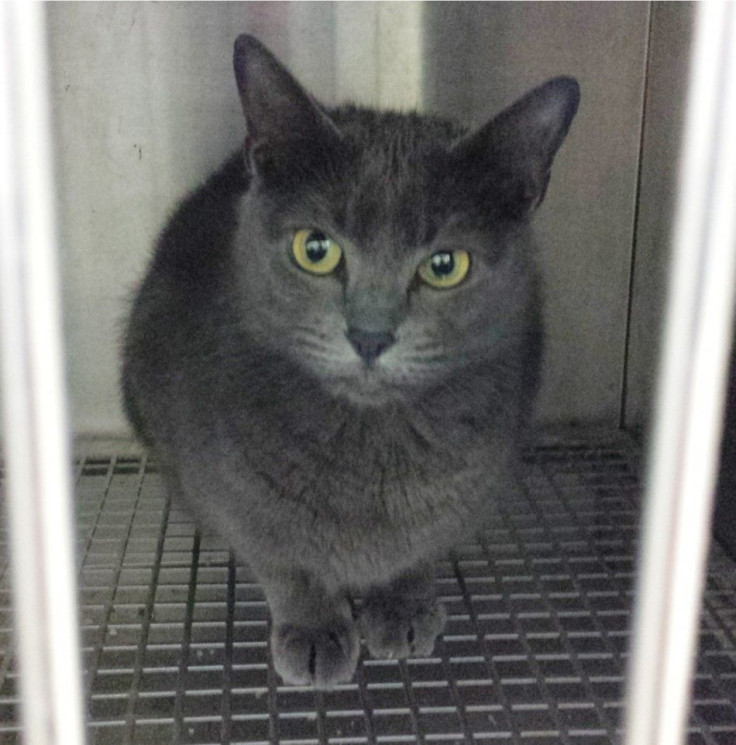Parasites in Cat's Excreta Can Help Cure Cancer: Study

Particular parasites 'Toxoplasma gondii' (T. gondii), found in cat's excreta or poop can help cure cancer, say scientists. The parasites, according to researchers, is found in the intestine of the cats' and causes a person's immune system to react in a particular manner that parallels how the immune system attacks a tumour.
Scientists have found that parasite Toxoplasma gondii has a quality of reprogramming the natural power of the immune system to kill cancer cells. David J Bzik, professor of Microbiology and Immunology, Geisel School of Medicine at Dartmouth, said, "We know biologically this parasite has figured out how to stimulate the exact immune responses you want to fight cancer."
The parasites, found in cat's feces, can also live in warm-blooded animals. They induce the body to produce natural killer cells and cytotoxic T cells. These cells,in turn, attack the cancer cells. Cancer destroys a person's defense and immune mechanisms. But T gondii can help restart the immune system in the body of the person suffering from cancer.
Providing details of how the parasite in the cat's excreta functions in a cancer patient's body, Barbara Fox, senior research associate of Microbiology and Immunology, said, "The biology of this organism is inherently different from other microbe-based immunotherapeutic strategies that typically just tickle immune cells from the outside." She further added, "By gaining preferential access to the inside of powerful innate immune cell types, our mutated strain of T gondii reprogrammes the natural power of the immune system to clear tumour cells and cancer."
David J Bzik and Barbara Fox have created "cps," an immunotherapeutic vaccine, since it's not safe to inject live replicating strains of T gondii into a patient suffering from cancer. "Aggressive cancers too often seem like fast moving train wrecks. Cps is the microscopic, but super strong, hero that catches the wayward trains, halts their progression, and shrinks them until they disappear," said Bzik.
After testing the cps vaccine in very aggressive lethal mouse models of melanoma or ovarian cancer, researchers at the Geisel School of Medicine labs found very high rates of cancer survival.






